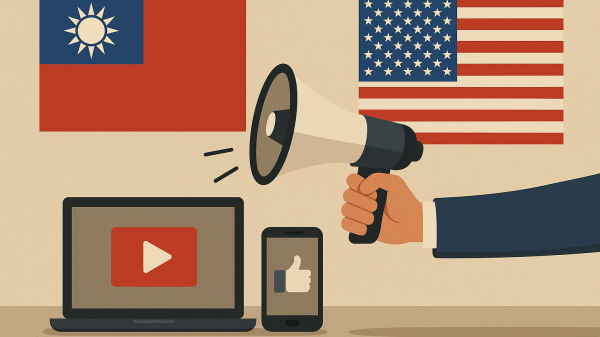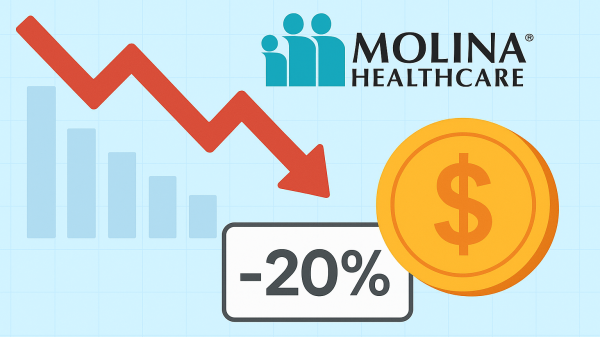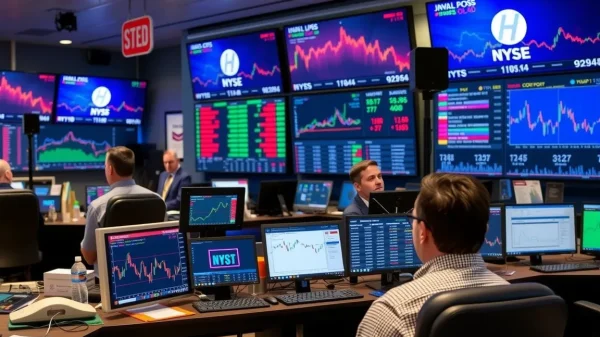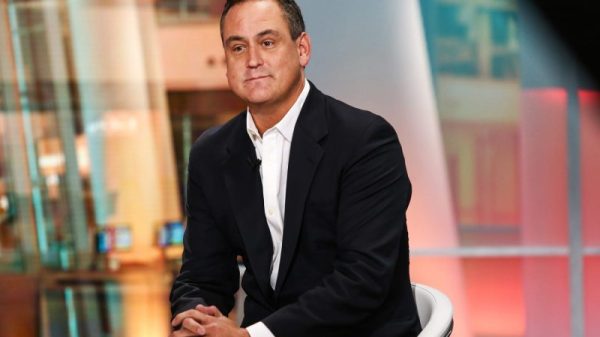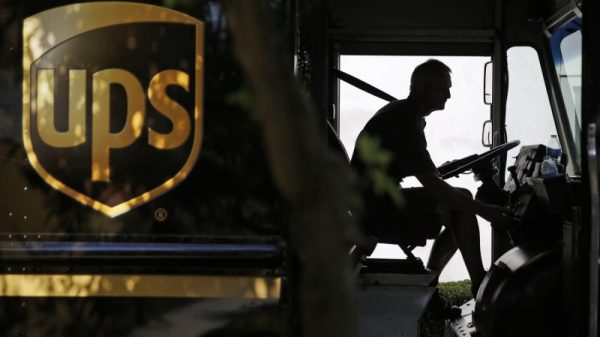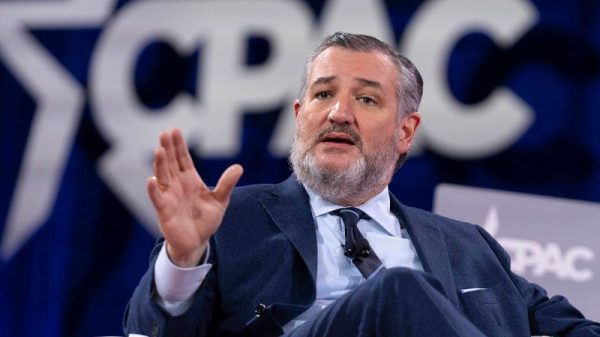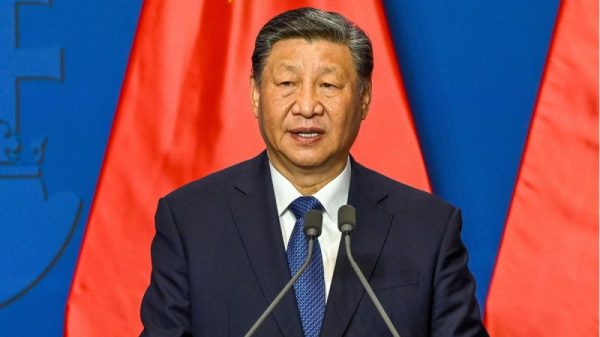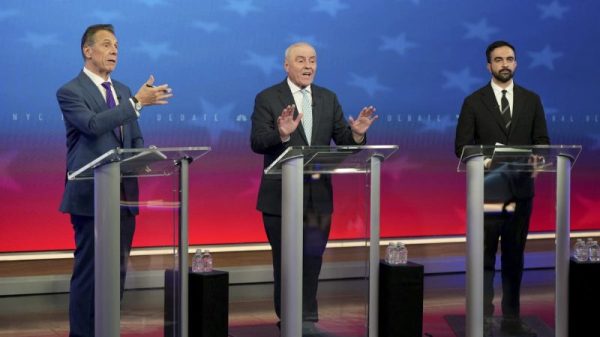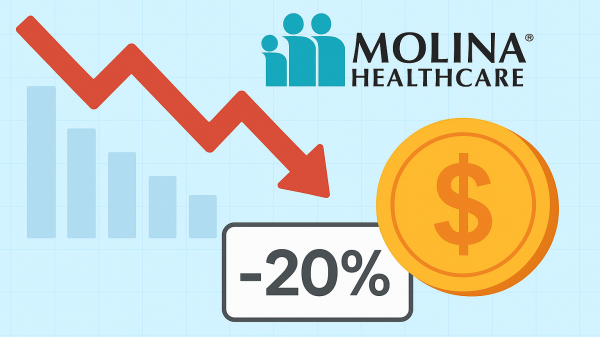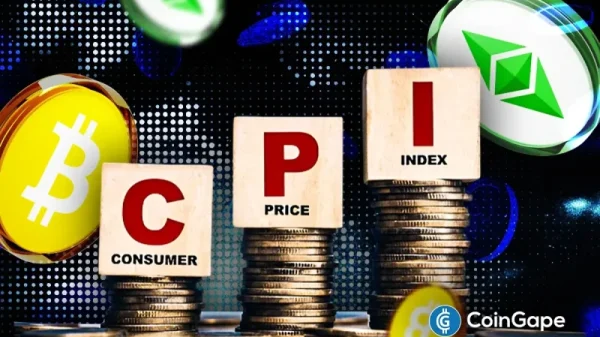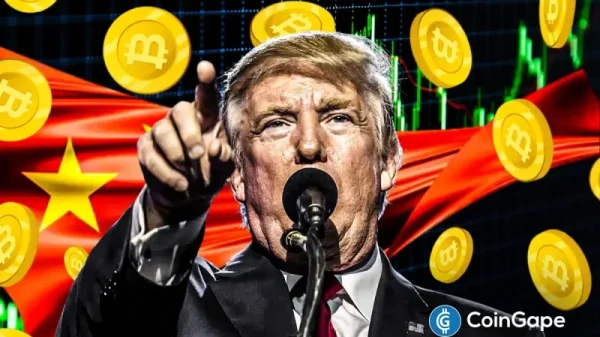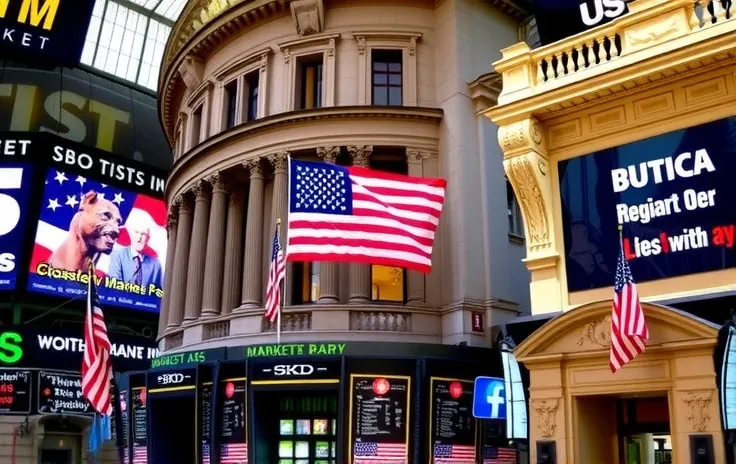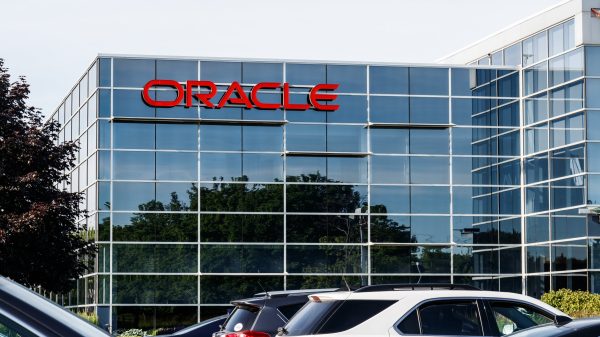The clock is ticking toward a crisis.
As a bitter political impasse between congressional Democrats and Republicans deepens, the risk of a partial US government shutdown beginning next week is rising, casting a long and anxious shadow over the nation’s financial markets.
While Wall Street has historically shrugged off these political battles, this time could be dangerously different, with a shutdown threatening to cut off the flow of vital economic data and leave the Federal Reserve flying blind at a critical moment for the economy.
A blackout of data, a central bank in the dark
The most immediate and profound threat of a prolonged shutdown is a data blackout.
Key economic releases that investors and policymakers rely on to assess the health of the economy—most notably the monthly employment and inflation reports—could be delayed or even canceled.
This would create a perilous situation for the Federal Reserve. As analysts at Nomura warned in a note this week, it would mean the central bank is “flying blind.”
Without the ability to see the true state of the economy, the Fed would be far more likely to stick to its own internal projections, which currently forecast two more quarter-point rate cuts this year.
As TD Securities noted, this could lead to an even steeper Treasury yield curve as investors, deprived of new information, price in those rate cuts with even greater conviction.
When the watchdogs go dark
A shutdown would also effectively neutralize the nation’s key market watchdogs.
According to its own contingency plans, the US Securities and Exchange Commission (SEC) would be reduced to a skeletal staff, a move that would severely cripple its ability to review corporate filings, investigate misconduct, and oversee the markets.
The story is the same at the Commodity Futures Trading Commission (CFTC), which would be forced to furlough almost all of its employees and cease most of its market oversight activities.
In past shutdowns, this has led to significant delays in the publication of crucial reports on traders’ positions in the futures and options markets.
While the nation’s banking regulators, which are funded differently, would remain functional, the two primary enforcers of market integrity would be largely offline.
The great IPO freeze
This regulatory paralysis would have an immediate and chilling effect on Wall Street’s dealmakers. The recent and powerful boom in the Initial Public Offering (IPO) market would likely freeze solid.
Without the SEC’s staff to review and approve their filings, companies planning to go public would be stuck in limbo, a development that could quickly dampen the bullish momentum that has recently characterized the equity capital markets.
In TOC, a protracted government shutdown in 2019 even managed to slow down some of President Trump’s own de-regulatory efforts, a stark reminder of just how deeply a funding lapse can disrupt the fundamental machinery of both government and finance.
This time, with the economy at a far more delicate juncture, the consequences could be far more severe.
The post How a US government shutdown would impact the Fed, markets and your money appeared first on Invezz


